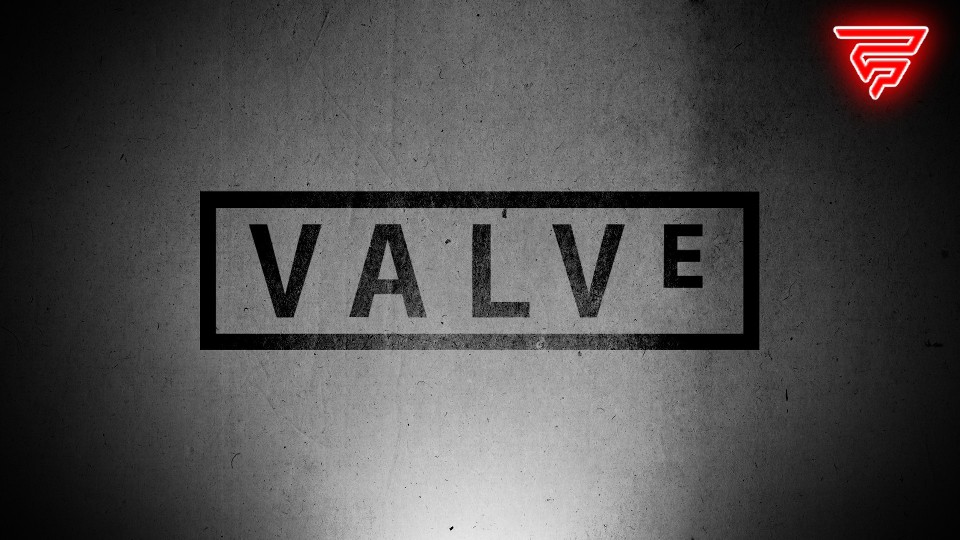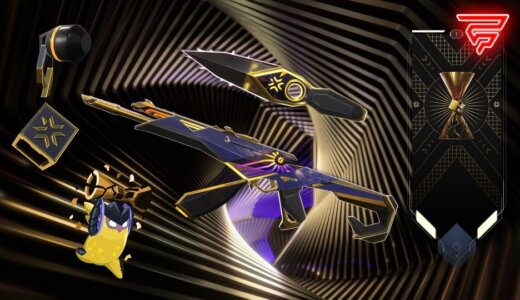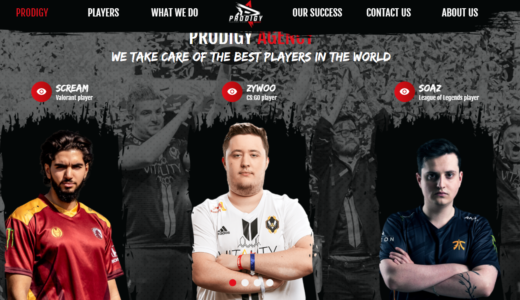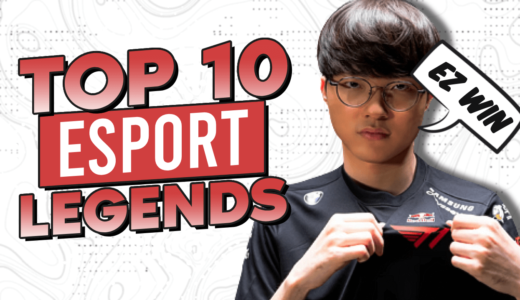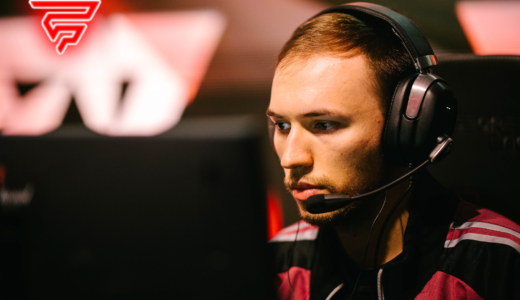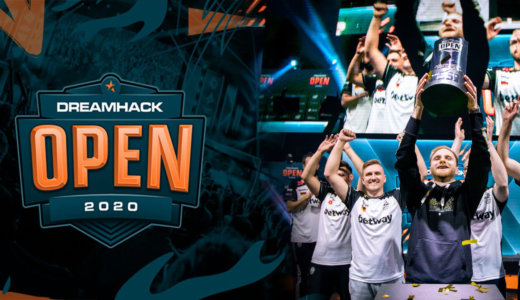In esports like Dota 2, a purely meritocratic system was implemented more than five years ago, when the Dota Pro Circuit was introduced. Since then, teams know exactly what they need to do to qualify for a Major or The International. Thanks to this transparency, everyone is satisfied.
But in CS:GO, the system has been a lot more complicated. Tournament organizers, trying to maximize their viewership numbers, used to offer the most popular organizations free invites to their events.
This meant that outsiders did not get a fair chance to qualify for these competitions because only a small number of spots were up for grabs in qualifiers. The remaining spots went to the big teams every single time.
But now that Counter-Strike 2 is right around the corner, Valve wants to change the system and force teams to prove themselves every time. Tournament organizers like ESL, BLAST, and PGL will no longer be allowed to partner up with teams and will need to operate in a more meritocratic manner.
An update on the future of Counter-Strike esports: https://t.co/WYrYMf7zNZ
— CS2 (@CounterStrike) August 3, 2023
Valve’s new rules
Valve’s new rules for competitive Counter-Strike strive for a level playing field. Here’s what the company had to say about its decision to announce this change now:
“Over the past few years, we’ve seen professional Counter-Strike drift away from that ideal. The ecosystem has become gradually less open, with access to the highest levels of competition increasingly gated by business relationships.
We think that Counter-Strike should be an open sport. So we’re going to add new requirements to running large-scale competitive events.”
No doubt, tournament organizers will not like the new rules initially, but in the long Valve’s decision will improve Counter-Strike’s esports scene significantly. Fans will get the opportunity to watch a greater variety of teams, unless of course the popular ones will prove to be good enough to maintain their tournament spots.
In most cases, it’s very likely that G2 Esports, Natus Vincere, FaZe Clan, and many other organizations will not fail to qualify for S-tier tournaments even if they need to go through extensive qualifiers. But some of the other big names might get bested by competitors from the top 100, who are eager to prove themselves.
Valve’s new rules require organizers to avoid conflicts of interest, to make compensation for participants public, and to use Valve’s ranking system when deciding who should receive a direct invite.
But here’s the catch: all of these rules will only apply starting with 2025! So there’s still 17 months to go.
Header: Valve Corporation
